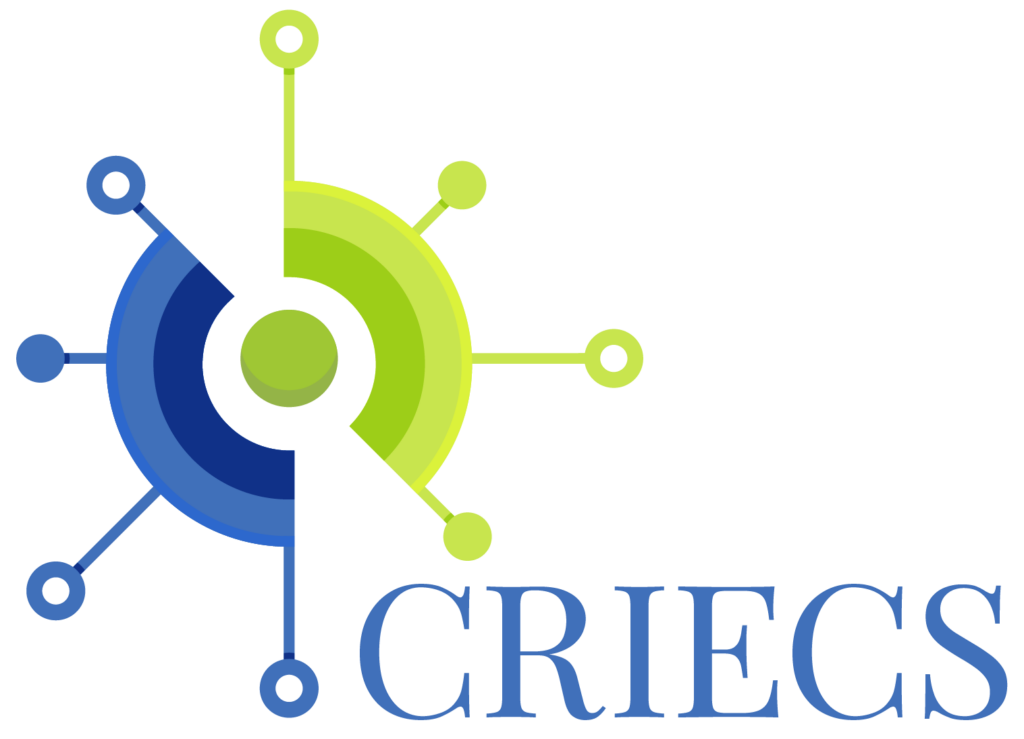AI is changing the way we learn
Generative algorithms are tools capable of producing analyses, summaries, and content in real time. This means that many tasks that previously took days or months can now be completed in a few minutes, radically changing the way we access knowledge.
The role of universities in the digital world
In a context where information is increasingly accessible, universities cannot limit themselves to transmitting facts. Their primary task remains to train people to think independently, interpret reality, and develop critical judgment, regardless of how quickly information is provided.
Flipped learning: study first, practice in class
In an advanced teaching approach, students study content (texts, videos, various materials) before the lesson. The classroom session is dedicated to discussions, practical activities, and case studies. This stimulates problem solving, creativity, and the ability to tackle real problems collaboratively.
The teacher as a Socratic guide
The teacher’s role is no longer only to explain concepts: they become a guide and facilitator of knowledge. Like Socrates, they stimulate reflection, encourage discussion among different perspectives, and help students develop original and reasoned solutions.
Spaces for reflection in a fast-paced world
Despite the speed at which we can access information today, the human mind needs time to process, reflect, and question. Universities must provide spaces for reflection, where ideas can mature and solutions can be built with depth and awareness.
Educating conscious citizens
Generative algorithms become tools in the service of education. The ultimate goal of universities remains to train citizens who are free, responsible, and capable of using AI without losing the irreplaceable value of critical thinking, creativity, and shared knowledge.
AI as an ally, not a substitute
Technology can improve teaching and research: it allows rapid access to data, personalized study paths, and simulation of complex scenarios. However, relying passively on algorithms can lead to intellectual conformity and loss of autonomy in judgment: it is essential to use AI as a support tool, not as a substitute for human thought.
Source: Il Sole 24 Ore




